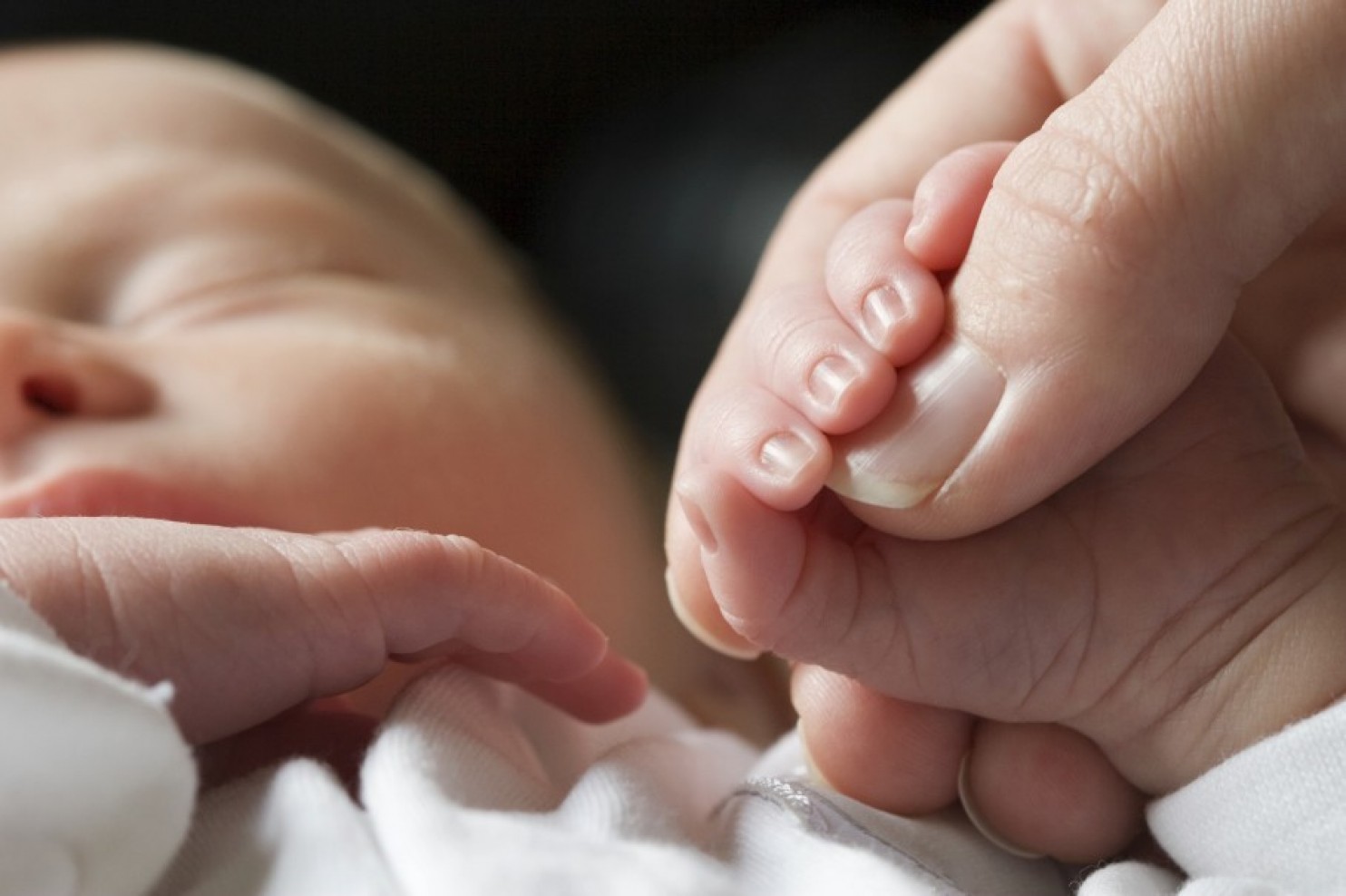Robert Gebelhoff via The Washington Post

What are your thoughts about delivering a baby at home versus in the hospital? This article explores both options and points out that delivering a baby at home can be cheaper than in the hospital. After reading the article, we’re curious to hear your thoughts. Thank you.
Having a baby is expensive, and the biggest bills almost always come from the hospital.
But a new study from the University of British Columbia, published this week in the journal PLOS One, found that a lot of money can be saved by having the birth at home with the help of a midwife.
The practice is highly controversial in the United States, as some doctors say the practice can be dangerous and is tied to higher infant death rates. Others argue that with a regulated system for midwives, planning home births may reduce health-care costs for pregnant couples.
The UBC researchers looked at all home births attended by registered midwives in British Columbia over a four-year period, and found that for the first 28 days of a baby's life, planned home births saved an average of $2,338 (in Canadian dollars) compared to hospital births with a midwife. The savings were even greater when compared to hospital births with a physician, at $2,541.
Health-care savings continued even to the baby's 1st birthday, the study found, with at-home births saving $810 compared to hospital midwives and $1,146 compared to physicians. These averages account for all planned home births, even if the delivery actually ended up at hospitals due to unanticipated situations or complications requiring emergency cesarean deliveries.
"Mothers are keenly interested about the safety of home birth," said Patricia Janssen, author of the study and a UBC professor. "Having a baby is a healthy process for most people. ... The best place for women is not always a hospital."
She argues that home births are just as safe as those at a hospital, as evidenced by the lower health-care costs for parents who decide to deliver at home.
"Had there been hidden costs, we could have seen them in the health system," Janssen said.
Although out-of-hospital births make up less than 1 percent of total deliveries in the U.S., they have been on the rise between 2004 and 2009, according to the latest data from the Centers for Disease Control.
Previous studies looking at home births found similar health-care savings in the United States. One study, looking at Medicaid claims in Washington State, reported that vaginal hospital deliveries cost $2,971 more than at-home births. Hospital cesarean deliveries cost even more, at $5,550 higher than at-home births, the study found.
Amos Grunebaum, a specialist in maternal-fetal medicine at Weill Cornell Medical College, argued that Janssen's study only applies to Canada due to a few key differences between the Canadian and American health systems.
The Canadian system essentially works like Medicare, but for the entire population — so the discussion of increasing at-home births there is more broadly a matter of public spending policy. The country's midwifery system is also highly regulated at the province level. In British Columbia, all midwives are required to be registered with the College of Midwives of British Columbia to be permitted to practice.
In the United States, there is no blanket licensing system for midwives. Only 28 states legally authorize midwives to practice, but in other states, Grunebaum said, midwives can practice with a high school education.
"I don't even call them midwives," he said. "They are 'so-called midwives.' "
Even if the midwives are licensed, many doctors in the U.S. still urge mothers to go to the hospital for delivery. Grunebaum compared at-home births to going swimming at the beach without a lifeguard on duty or buying a car without seat belts. Even if there are no extra health-care costs reported in the first year of a baby's life, he said there's a higher risk for brain damage in babies that would be seen over the course of their first 10 years.
"A planned home birth is potentially more dangerous," he said. "Interventions in the hospital are meant to save people. ... We should bring the home to the hospital, not the hospital to the home."






